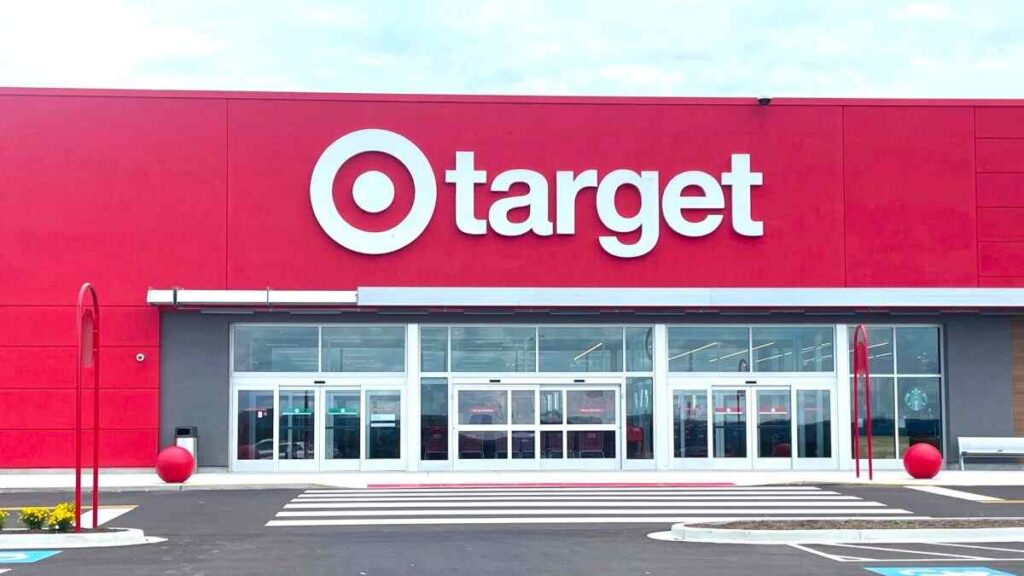Target, renowned as one of the largest retail chains in America, is making significant changes to its previously generous return policy as a strategic move to combat fraud. For years, shoppers have appreciated the ease and flexibility of returning items with minimal scrutiny. However, Target has now announced a major overhaul of its return policy.
Like many retailers, Target has been severely impacted by return fraud. These fraudulent activities encompass various deceptive practices, such as returning stolen goods or swapping expensive purchases with cheaper, counterfeit items. Such schemes have collectively cost U.S. retailers over $100 billion just last year.
What Does the New Policy Look Like?
In light of these substantial losses, Target has decided to enforce stricter rules on its previously lenient return policy. Under the new guidelines, Target explicitly reserves the right to deny returns, refunds, and exchanges if there is any suspicion of fraudulent activity. This represents a significant shift from their earlier policy, which was predominantly trust-based, allowing for most unopened items in good condition to be returned within 90 days.
With the updated policy, customers might face challenges when attempting to return an item, even if they have a receipt. If the store suspects the return could be fraudulent, the return may be declined. While this may appear stringent, Target has preserved some of the previous policy’s flexibility.
Items that remain unopened and in pristine condition are still eligible for return within a 90-day window, and any manufacturing defects will continue to be acknowledged. These modifications empower Target to more effectively address those who attempt to exploit the system.
A Growing Trend in Retail
These policy changes are part of a larger movement within the retail industry, as companies actively work to minimize losses due to return fraud. Several other retailers, such as Gap, Old Navy, and Banana Republic, have also tightened their return windows. Additionally, stores like Kohl’s and Anthropologie have implemented fees for returns made through the mail.
- Unopened items can be returned within 90 days.
- Manufacturing defects are still honored.
- Other retailers are also tightening return policies.
- Fees for mailed returns are becoming more common.
How retailers detect and prevent returns fraud
Return fraud refers to any scam method that abuses a business’ return process to get an undeserved refund. This can include returning stolen merchandise, using counterfeit receipts, or returning an item after using it (wardrobing).
Return fraud exists in a gray area – it is perpetrated by organized fraud rings but also by regular shoppers who may otherwise be law-abiding citizens.
